"Hungary does not wish to directly interfere in any country's internal politics, but it follows the political developments in Europe's most powerful state and has a vested interest in Germany having a stable government. In this regard, we see the beginning of a new era, as support for the ruling parties in the two eastern states has been minimized: the three parties together have been unable to even reach 14 percent, and barely ten percent in Thuringia," Gergely Gulyas, the head of the Prime Minister's Office, told Mandiner, commenting on the German state elections in Thuringia and Saxony.
Parties that are considered far-right or far-left in German terminology won a majority in the state legislatures. The CDU can choose to join forces with the AfD or the extreme left, the successors to the former East German state party,
– he added.
Mr. Gulyas explained to Mandiner that
"during the whole campaign, the most dominant theme was migration and the drastic deterioration of public security because of it." From this angle,
the European Commission's and the EU Court of Justice's actions regarding Hungary's exemplary protection of its southern, and the bloc's external Schengen border, are also threatening for Germany. If Brussels won't give up its intention to dismantle Hungary's efforts to protect the EU's external Schengen borders, Berlin and the German states could face new migration waves.
We therefore hope that this election result will galvanize thoughtful forces in German politics, so that "Germany also supports Hungary's fight against Brussels to maintain effective protection of the bloc's Schengen borders."
Mr. Gulyas noted that "the German state elections are also interesting in terms of the Russia-Ukraine war, as positions rejecting weapon deliveries and calling for an immediate ceasefire and peace secured a majority in both Saxony and Thuringia, where - besides the AfD and BSW - the CDU's Saxon prime minister also represented this view.
This means that 80% of the people voted against war and weapon deliveries, and in favor of an immediate ceasefire and peace.
"In this regard, the political views of Saxony's Christian Democrat (CDU) prime minister contradicted the federal CDU's official policy in every way," he said.
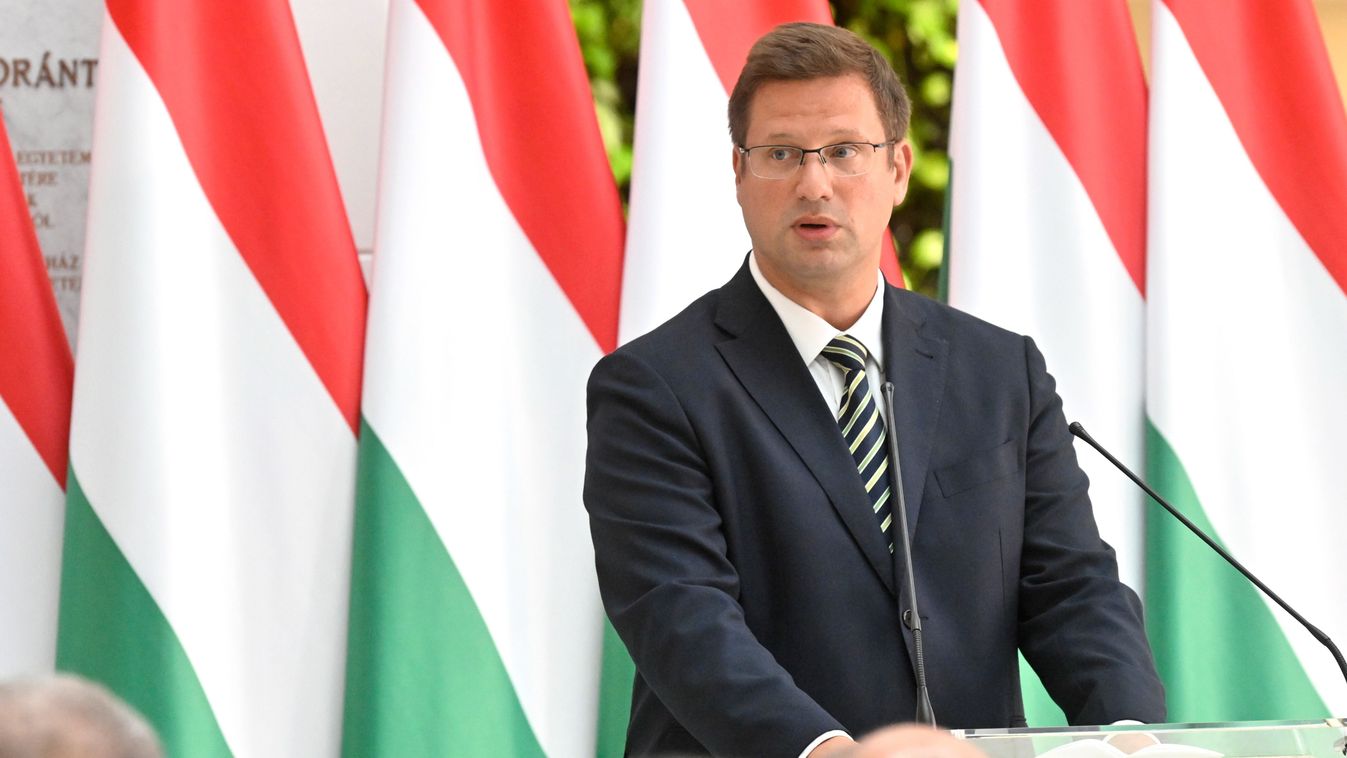

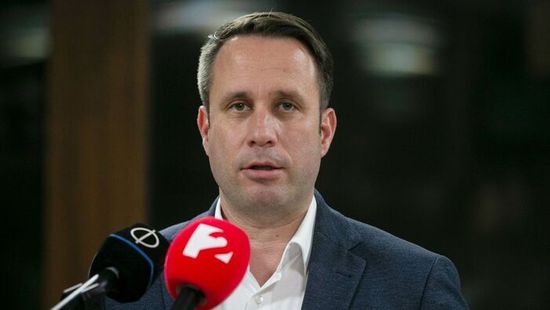
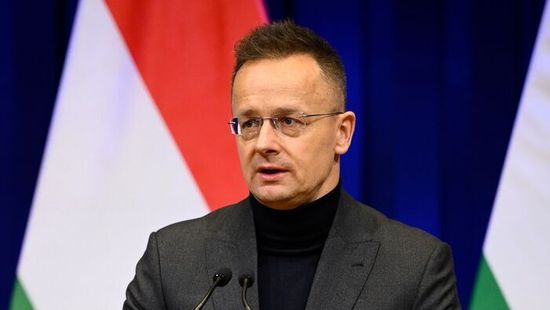










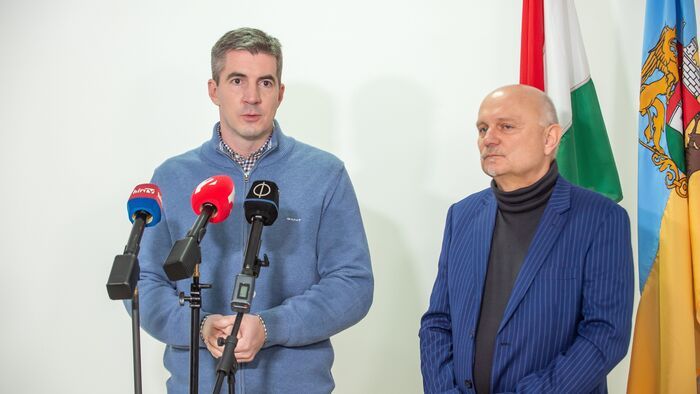






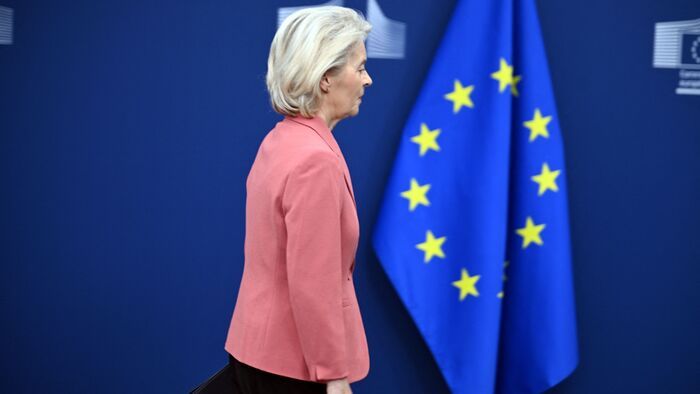

Szóljon hozzá!
Jelenleg csak a hozzászólások egy kis részét látja. Hozzászóláshoz és a további kommentek megtekintéséhez lépjen be, vagy regisztráljon!